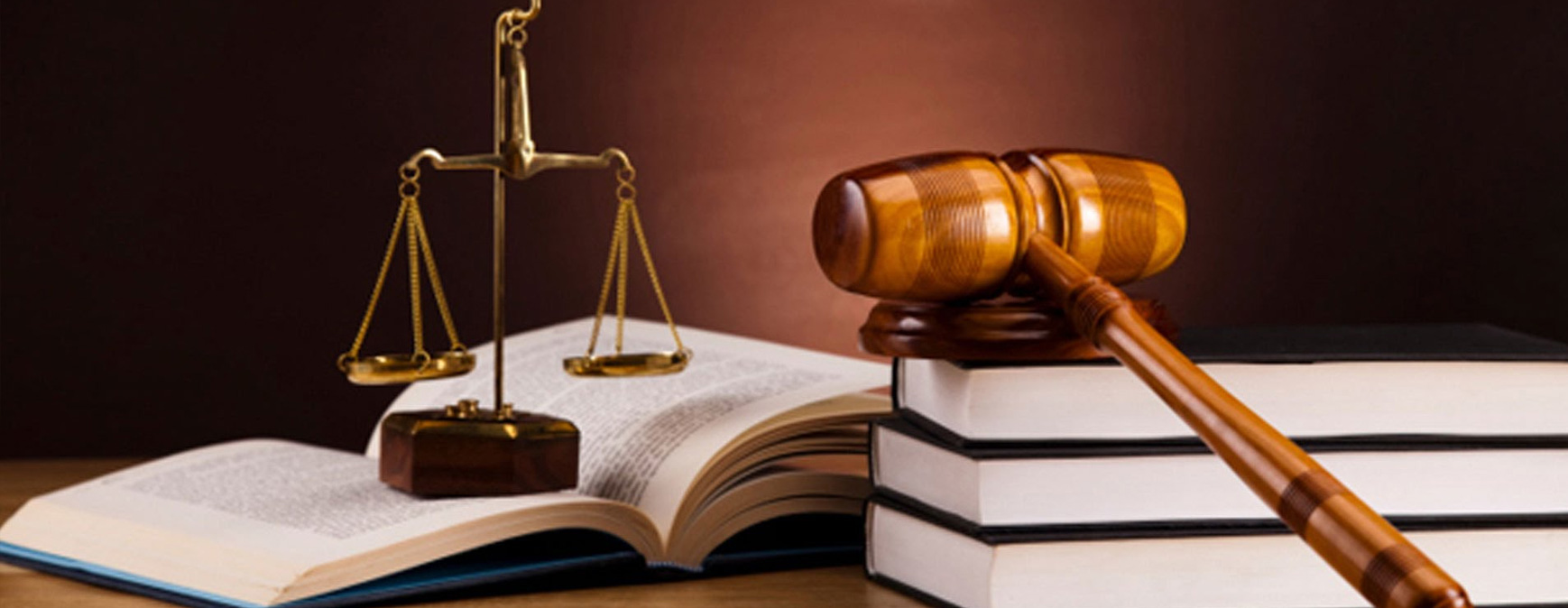This is the type of abuse that many people think of when they hear the word ‘abuse.’ It can include punching, hitting, slapping, kicking, strangling, or physically restraining someone against their will. It can also include invading someone’s physical space and/or making someone feel physically unsafe over a sustained period of time. In the case of a child, the elderly and the disabled, physical abuse include exposing a one to a substantial risk of harm or failure to make a reasonable effort to prevent an action by another person that results in substantial harm.
Suspect Physical Abuse When You See:
- Frequent injuries such as bruises, cuts, black eyes, or burns without adequate explanations
- Frequent complaints of pain without obvious injury
- Burns or bruises in unusual patterns that may indicate the use of an instrument or human bite; cigarette burns on any part of the body
- Lack of reaction to pain
- Aggressive, disruptive, and destructive behavior
- Passive, withdrawn, and emotionless behavior
- Fear of going home or seeing a particular person
- Injuries that appear after the person has not been seen for several days
- Unreasonable clothing that may hide injuries to arms or legs
While sexual abuse can be a form of physical abuse, we put it in a category by itself because it has or can include both physical and non-physical components. Sexual abuse can involve rape or other forced sexual acts, or withholding or using sex as a weapon. Also particularly in the case of a child, sexual conduct harmful to a child’s mental, emotional, or physical welfare, including conduct that constitutes the offense of indecency with a child, sexual assault, or aggravated sexual assault; failure to make a reasonable effort to prevent sexual conduct harmful to a child; compelling or encouraging the child to engage in sexual conduct; and causing, permitting, encouraging, engaging in, or allowing the photographing, filming or depicting of the child if the person knew or should have known that the resulting photograph, film, or depiction of the child is obscene or pornographic.
Suspect Sexual Abuse When You See:
• Physical signs of sexually transmitted diseases
• Evidence of injury to the genital area
• Pregnancy in a young girl
• Difficulty in sitting or walking
• Extreme fear of being alone with adults of a certain sex
• Sexual comments, behaviors or play
• Knowledge of sexual relations beyond what is expected for a child’s age
• Sexual victimization of other children
Verbal/Emotional scars can often take longer to heal leading to the mental and psychological health issues. Emotional abuse means inflicting mental or emotional injury to a person or causing or permitting the victim to be in a situation in which one sustains a mental or emotional injury that results in an observable and material impairment of the person’s growth, development or psychological functioning. This can include badmouthing or slurring to a person over a period of time casing them to feel unworthy or insignificant or an extreme forms of punishment such as confining a child in a dark closet, habitual scapegoating, belittling, and rejecting treatment for a child.
Because abuse is about power and control, an abuser will use any means necessary to maintain that control, and often that includes finances. Whether it is controlling all of the budgeting in the household and not letting the survivor have access to their own bank accounts or spending money, or opening credit cards and running up debts in the survivor’s name, or simply not letting the survivor have a job and earn their own money.
Cultural abuse happens when abusers uses aspects of a victim’s particular cultural identity to inflict suffering, or as a means of control. Not letting someone observe the dietary or dress customs of their faith, using racial/ethnical slurs, or isolating someone who doesn’t speak the dominant language where they live.
Many people don’t think that neglect is a form of abuse especially in the case of a child. Neglect means leaving a child or anyone that cannot care for themselves fully in a situation where the person would be exposed to a substantial risk of physical or mental harm and failing to arrange the necessary care for that person. It includes the demonstration of intent not to return by a parent or guardian of the child and failure to provide for a child’s basic needs necessary to sustain the life or health of the child, excluding failure caused primarily by financial inability unless relief services have been offered and refused.
Suspect Neglect When You See:
• Obvious malnourishment
• Lack of personal cleanliness
• Torn or dirty clothing
• Stealing or begging for food
• Child unattended for long periods of time
• Need for glasses, dental care, or other medical attention
• Frequent tardiness or absence from school or work
P.O BOX 2823, SUGAR LAND, TX 77487-282
832-871-2385



